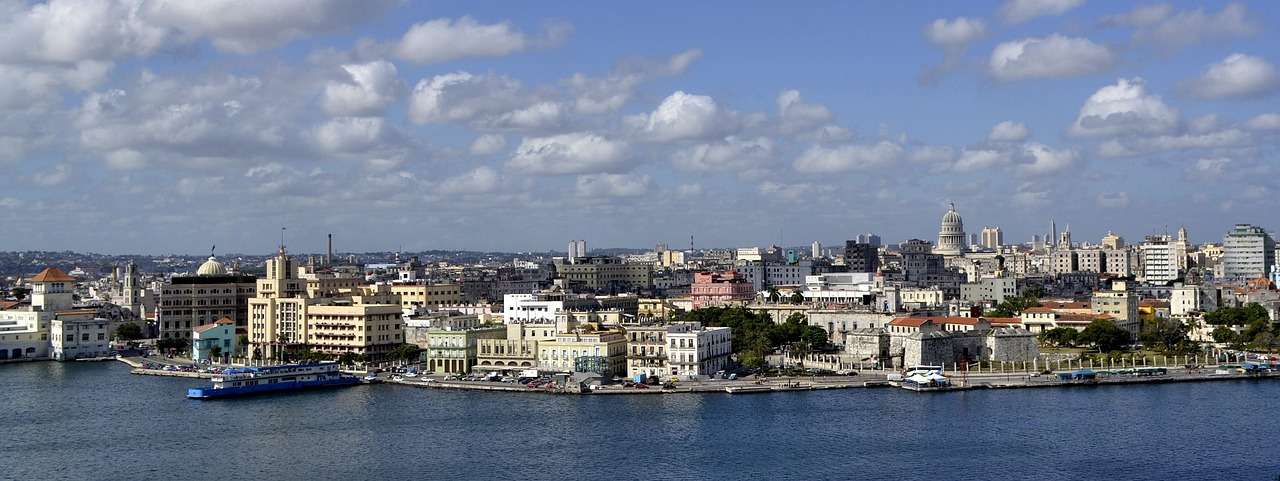Cuba Roundup: Economic dollarisation, digital protests, push for renewable energy

Cuba intensifies push for renewable energy
As reported by the Cuban news agency ACN on June 11, the United Nations Development Organisation (UNIDO) in collaboration with experts, has initiated a project aimed at decarbonising key sectors within Cuba through innovative climate solutions. UNIDO's project associate Ivette Tortosa reported that a two-million-dollar grant from the Global Environment Facility would facilitate the implementation of projects targeting the reduction of greenhouse gases, focusing on households, tourist facilities, and industries. Advocate José Antonio la Cal Herrera emphasised the role of bioenergy as a crucial tool for Cuba's energy transition, enhancing security and supply across the island.
Cuban students oppose economic dollarisation
According to AFP, Cuban students have organised a movement against the rising dollarisation within the country, triggered by an increase in mobile internet tariffs effective May 30. The new tariff structure by state telecom company Etecsa pushed rates drastically higher for Cuban peso users while favouring dollar-based top-ups. Students from various universities have initiated class boycotts and issued statements challenging the inequality that dollarisation represents. Despite government efforts to address the discontent, including dialogue forums, student opposition remains strong, indicating a significant plea for equality and policy change.
Mayor of Cuba found in ethics violation
Target 7 reports on Mayor Denny Herrera of Cuba, N.M., who was found in violation of the Government Conduct Act following an investigation by the State Ethics Commission. The probe revealed that Herrera profited illicitly from city orders directing employees to refuel at his gas station, leading to financial misconduct. Although Herrara argues that the directive predated his election, he has settled to pay $3,500 in total and was required to disclose his ownership of the station. Former Fire Chief Rick Romero's actions in filing a complaint resulted in his demotion, raising suspicions of retaliatory conduct pending legal review.
Cuban students' digital protest and economic woes
Cuban students, frustrated by increased internet service prices, have organised protests demanding both accountability and resignations from educational and governmental administrations, according to local correspondence. With mobile data pricing now anchored heavily in US currency, students argue this approach magnifies existing socio-economic divides. State-run Etecsa’s President Tania Velázquez cited a dire lack of foreign currency as a reason for the hikes. Yet, students urge for a broadened discourse, questioning Cuba's increasing departure from socialist principles, and criticising the government's positioning amidst the decades-long US embargo.
Guyana redefines role of Cuban health workers
The Guyana government plans to redefine employment terms for Cuban health professionals amid broader international recruitment efforts for upcoming hospitals, according to CNW Network. Vice President Bharrat Jagdeo outlined the intent to comply with US restrictions concerning allegations of 'forced labour' within Cuba’s medical missions. The Guyana administration is actively engaging with US Secretary of State Marco Rubio's concerns by requesting evidence of malpractice, while emphasising a balance between local and foreign healthcare personnel contributions to meet growing service demand as new medical facilities launch.
This story is written and edited by the Global South World team, you can contact us here.